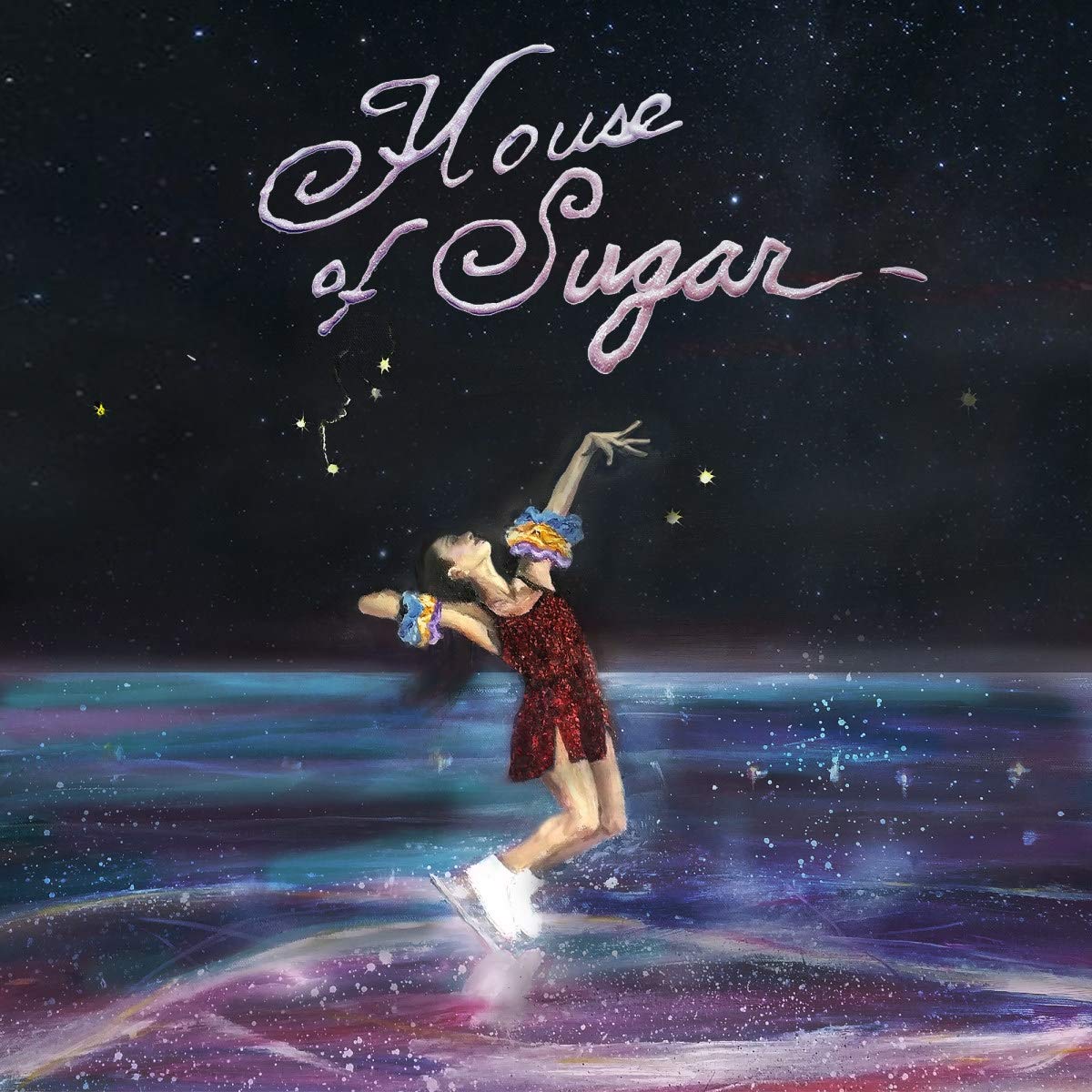(Sandy) Alex G House of Sugar

(Sandy) Alex G’s ninth album is loosely based on a garish casino in Philly called SugarHouse. The great majority of his listeners won’t be familiar, but they might recognise the stories he sets within its walls. Like the best songwriters, he has the rare talent of writing about his own personal history in a way that makes you think he’s writing about you. That’s even more impressive given these are songs about raw, abstract emotions, with obscured production and loose structures to match. But across thirteen tracks of ghostly redrawn Americana, his intimate, impressionistic ballads and experimental asides merge to form his clearest statement yet.
The trademarks are present from the opening track, ‘Walk Away’, where queasy, pitch shifted vocals tumble over each other, backed by a rough acoustic guitar strum. Soon, churning backmasked drums, a seering guitar, piano and a cutting keyboard line are introduced one by one, swirling together while Alex repeats “someday I’m gonna walk away from you, not today, not today”. What the ‘you’ is, and whether it’s good or bad isn’t clear, and he’s smart enough to let us judge.
It’s a starkly constructed introduction, containing multitudes we’ll hear mirrored throughout the album – dependency, letting go, moving forward, being stuck in cycles. The next track ‘Hope’ is a tribute to a friend who died from opioid abuse, one of many to reflect on additions. Its eerie organ backing and alien chord sequences fit a story which sound like a distant memory being conjured.
The gorgeous abstract pairing of ‘Taking’ and ‘Near’ are built on skittering drums and thin, vulnerable vocals. Here, he deals with emotional dependency, and the pain of being a burden on loved ones: “That’s how she found me this morning / bundled my head in her arms / lifted my spoonful of sugar / taking and taking and taking…” – or even rawer: “All I want is to be near youyouyouyouyouyouyou” repeated in a cracked warble.
Gambling and sugar both make for apt metaphors for the primal urges the album wrestles with, the dependencies the characters are in the shadow of in even their hopeful moments, all points leading to the stunning closer, a live version of ‘SugarHouse’, where some form of communal healing is found through the bleakness It’s hardly a new metaphor in the well-worn genre Sandy occupies, but he plays and writes with the sincerity to make you feel it afresh.